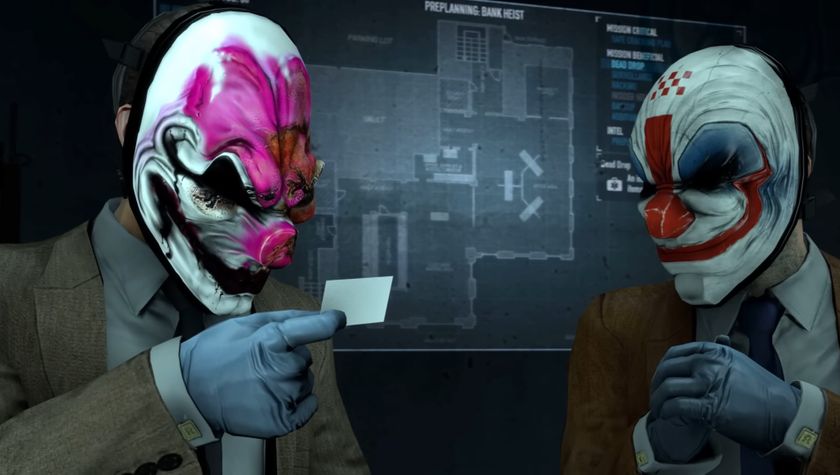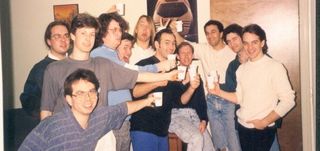
We celebrated Blizzard's 20th anniversary with a massive cover story in our April issue that analyzed just how far-reaching their impact on gamers across the globe has been. In the final part of that story, (read part 1 and part 2 ) we sit down in Mike Morhaime's office with three of Blizzard'a head honchos to host a round-table discussion about the company's early days, where they see PC gaming is headed and what life was/is/will be like at the company. Join us for a look inside one of PC gaming's most beloved companies.
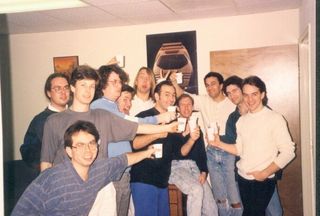
PCG: Here we are, its 2011 and you're leaders of the most successful PC gaming company on the planet—
Frank Pearce, VP Product Development : One of the most successful.
Mike Morhaime, CEO : The most successful. (laughter)
PCG: What was it like twenty years ago?
MM : We started with three people.
Rob Pardo, Executive VP Game Design : And maybe 600 square feet of office space. Maybe as big as this office.
The biggest gaming news, reviews and hardware deals
Keep up to date with the most important stories and the best deals, as picked by the PC Gamer team.
MM : Maybe. We had two friends who were still going to school at UCLA, so we hired them to do some contract work for us and when they graduated, we hired them on.
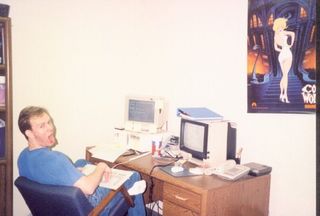
PCG: Other than size, what's changed since then?
RP : I think one of the biggest things is communication—everyone actually being a part of the creative process. That's totally changed with the size of the games and the size of the studio. It used to be teams were small enough that everyone had a say in everything. As entertainment gets bigger, there's a little more hierarchy.
FP : It's an evolution of culture, too. The culture you can have when you're small changes when you reach the size we're at. And that culture is all based on the people and personality and ages of those people. I feel very old.
RP : You are very old. [laughter]
FP : I mean, I hope we still have a few years left in us. But it's a good point. Do we have fewer years ahead of us, instead of behind us in this industry? Have we reached that point?
MM : What kind of interview is this?
FP : I don't know, but the age of the people working here affects the culture and the interests we have in the things we do, and all the technology that's evolving along the way impacts the way we see entertainment experiences.
RP : That's true. I guess there's a natural feeling of nostalgia when you've come a long ways and you remember the “good ol' days.” I get excited with what's next.
PCG: What were some of the challenges you faced in your early years?
MM : There were a lot.
FP : The biggest challenge we faced right out of the gate was, with the exception of Allen, [none of us] had ever worked on computer games before. We didn't know what we were doing.
MM : For every project we wanted to do, we had to go out and learn how to do it. From a business standpoint, cash flow was always an issue for us. We were always, on paper, a few months away from getting into the black and catching up, but it never really happened. A lot of times, Allen and I had to go out and get cash advances on our Discover cards to make payroll.

PCG: Hundreds of developers have worked here over the years—who's impacted Blizzard's culture the most?
RP : There's no shortage of stories we could tell you. Sammy, our senior art director on StarCraft and most of the Warcraft franchise has a similar obsession with pandas [to Logan's love for squirrels]. He's always drawing pandas, but always in samurai gear. He loves Japanese samurai culture and pandas, so why not combine the two and draw them all the time?
Of course, the irony with that is we actually ended up putting them in our game, which caused an outcry because at the time we didn't know the Chinese had a problem with their sacred animal—
FP : Sacred animal of peace.
RP : Their sacred animal of peace wearing war gear from their ancient enemy.
MM : It turns out a lot of people who live in China—we never had a lot of communication from them before—they woke up and flooded our inboxes with their thoughts and opinions on how we were treating their panda. So we asked Sammy to redraw the Panda with Chinese armor and outfits, and the Chinese players were extremely happy.
RP : It just came out of him doing something as a goof for fun, certainly not a political statement in any way.
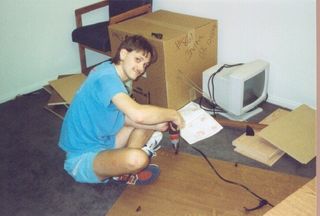
PCG: 40 years from now, when we're all retired, what are you going to remember the most fondly about Blizzard?
MM : The events we've thrown where we get to interact with the players and see their reactions. We've had some really amazing events overseas, like the Worldwide Invitational event in Seoul, South Korea where we announced SC2. That was pretty awesome.
FP : The parties we host for our company, like the holiday and wrap parties. After we launch a product, we host a big bash. We might take the whole company to Vegas to celebrate the launch of a product. It might take five years to create, but, man, when we finish that game, we do a great job of celebrating it.
RP : The thing I'll remember most is finalizing projects—those crunch moments when we really get close to the people on our team and work really hard with a group of really creative, talented people and become a part of something bigger than everyone individually…I can imagine looking back on it like sports players look back on championship teams they were a part of and what it was like in that playoff run when they won the Super Bowl.
PC Gamer is the global authority on PC games—starting in 1993 with the magazine, and then in 2010 with this website you're currently reading. We have writers across the US, Canada, UK and Australia, who you can read about here.
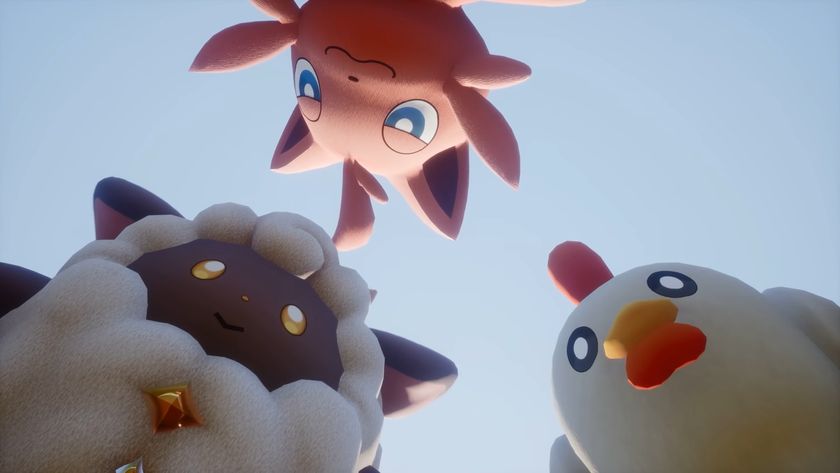
Palworld studio's first move as a publisher is to save a struggling indie dev: 'This is the energy I want to see driving games in 2025'
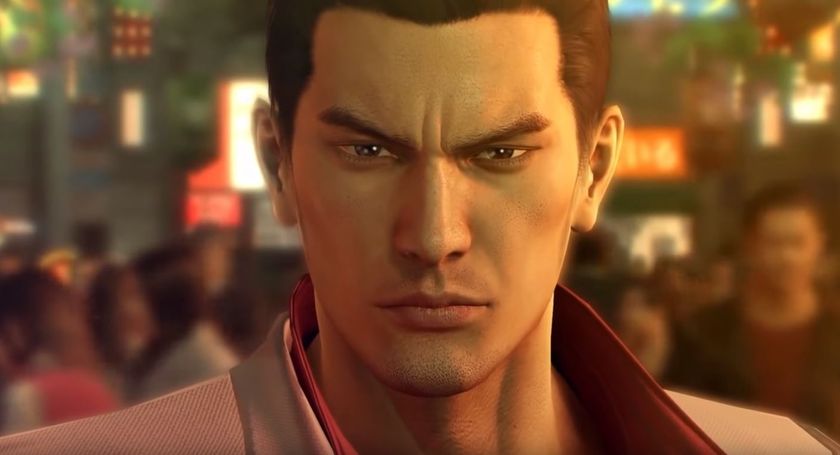
Yakuza/Like a Dragon creator Toshihiro Nagoshi says his studio's new game won't be that big after all: 'it's not modern to have similar experiences repeated over and over again'
Most Popular





